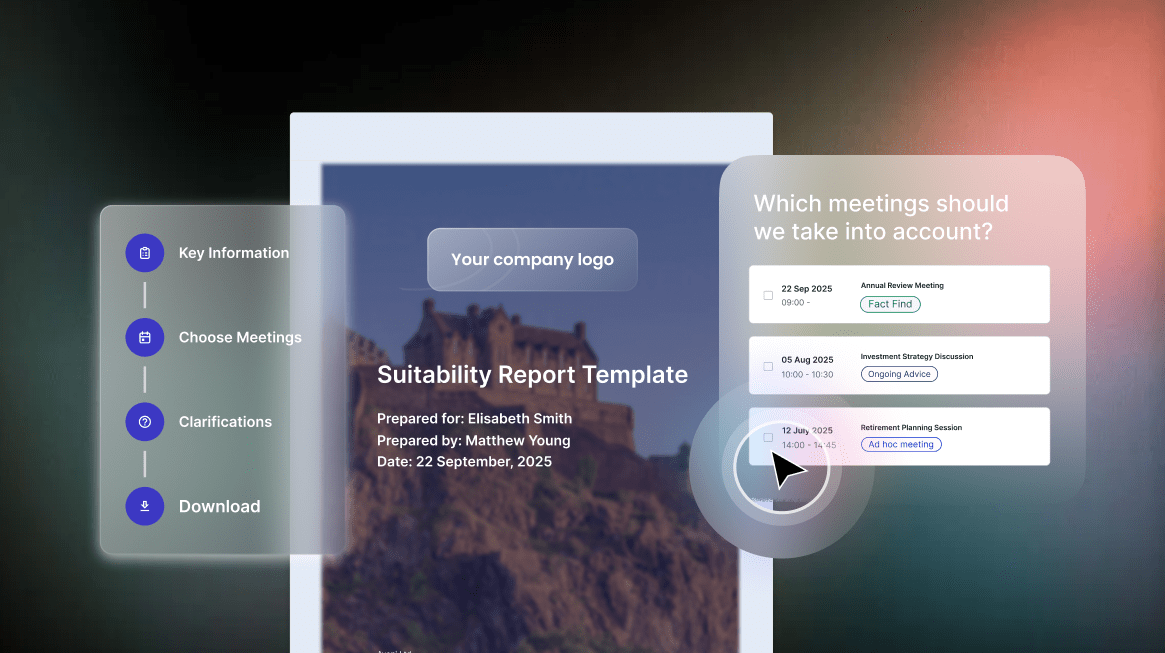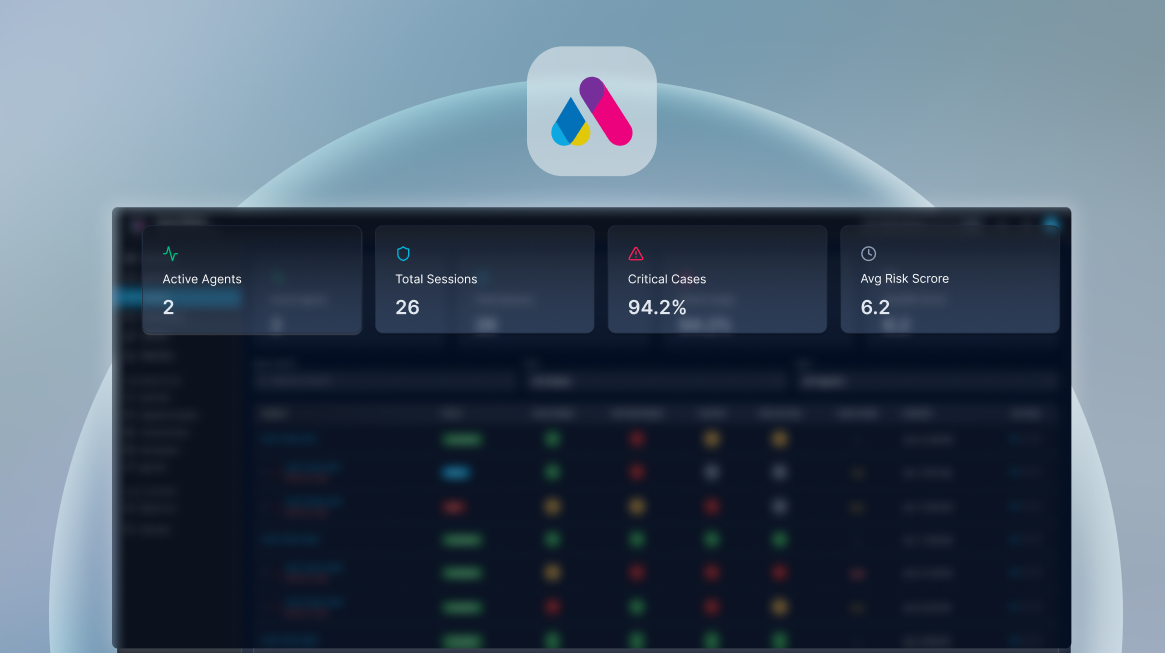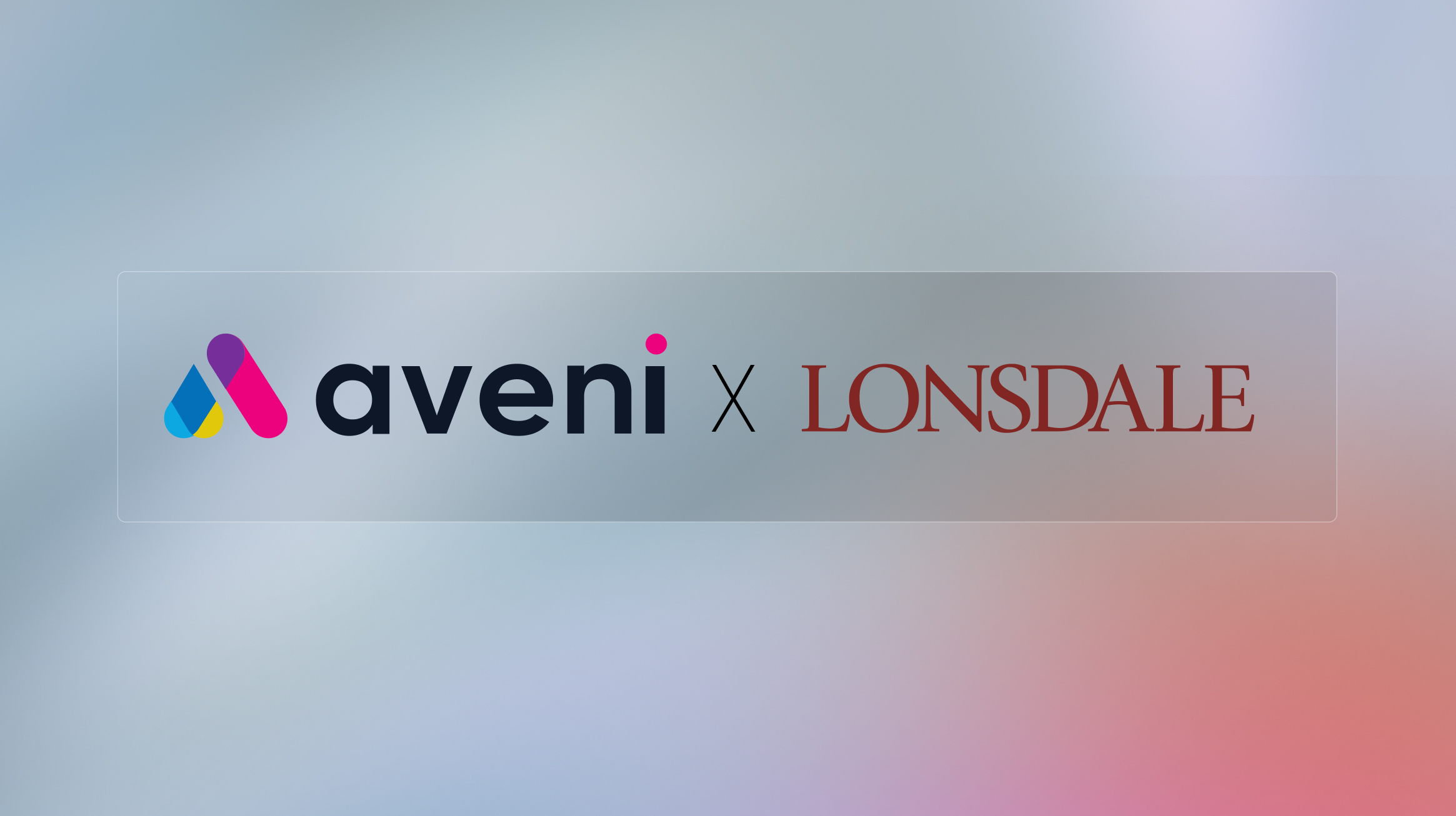Compliance as a Strategic Imperative
In today’s fast-paced financial landscape, compliance is no longer a back-office burden—it’s a strategic imperative. With the Financial Conduct Authority (FCA) stepping up its oversight, financial firms face a critical decision: evolve your compliance model using AI for compliance or risk facing steep penalties and irreparable reputational damage.
The Urgency: A Data-Driven Reality Check
Compliance pressures have never been greater:
-
Soaring Penalties: The FCA levied £342.3M in fines in 2024—a 22% year-on-year surge.
-
Cost Pressures: Over 73% of institutions report rising compliance costs.
-
Global Exposure: Updated FCA guidelines now put penalties at up to 10% of a firm’s global revenue.
The March 2024 Consumer Duty reviews underscored this urgency, mandating firms to put customer outcomes at the forefront. For forward-thinking firms, adopting ai for compliance is no longer optional—it’s a necessity.
Dynamic Impact Tolerance Mapping: Your Risk Co-Pilot
One innovative framework paving the way for modern regulatory strategies is Dynamic Impact Tolerance Mapping. This method acts as a real-time risk navigator, enabling:
-
Real-Time Tracking: Monitoring transactions, communications, and market shifts.
-
Predictive Analytics: Forecasting risks using both historical data and emerging trends.
-
Proactive Adjustments: Automating corrective actions—such as flagging non-compliant transactions—before issues escalate.
For example, one UK bank saw a 40% reduction in mis-selling incidents after integrating dynamic mapping, utilising ai for compliance to forecast high-risk sales patterns. This success story illustrates how embracing technology transforms compliance from a reactive process into a proactive strategy.
AI for Compliance: The Compliance Multiplier
At its core, ai for compliance transforms your firm’s compliance function from reactive to proactive:
-
Efficiency: Advanced algorithms can scan over 10,000 customer interactions per hour, reliably identifying risks such as unresolved complaints and instances of vulnerable customers.
-
Precision: AI tools detect subtle cues—like minor shifts in language—that might indicate customer frustration, ensuring no risk goes unnoticed.
-
Actionable Insights: These platforms alert compliance teams to high-risk cases, reducing resolution times by up to 65%. For example, NLP tools at a leading insurer flagged 15% of policies for potential mis-selling, enabling timely outreach to customers.
By integrating ai for compliance, firms can operationalise compliance processes that are not only efficient but also remarkably precise.
Operational Resilience: Beyond the Buzzwords
True operational resilience in the financial sector depends on:
-
Scenario Planning: Stress-testing for cyberattacks, market crashes, and operational failures.
-
Dynamic Dashboards: Keeping an eye on key performance indicators like transaction error rates and customer complaint spikes.
-
Adaptive Protocols: Enabling dynamic resource allocation during crises—such as rerouting customer service support during outages.
Research from McKinsey (2023) indicates that firms with AI-driven resilience strategies recover 30% faster from disruptions. This agility is critical for maintaining continuity and safeguarding customer trust under ever-evolving regulatory challenges.
NLP: Decoding Communication for Effective Compliance
Natural Language Processing (NLP) is a cornerstone of ai for compliance, providing deep insights into customer interactions:
-
Sentiment Analysis: NLP flags distressed customers by identifying key phrases such as “I don’t understand” or “This feels unfair.”
-
Mis-Selling Detection: It picks up on overpromising language (e.g., “guaranteed returns”) in agent scripts, ensuring that customer communications remain fair and transparent.
-
Fairness Audits: Automated fairness audits confirm that messaging remains consistent across channels, a key tenet of Consumer Duty.
The ROI of Modern Compliance
Investing in ai for compliance brings substantial returns:
-
Cost Savings: According to Accenture (2024), AI adoption can reduce compliance spend by between 20–35%.
-
Risk Mitigation: Proactive systems significantly reduce the frequency and severity of fines, while also minimising customer churn.
-
Trust Capital: Transparency in compliance practices boosts customer trust—78% of consumers trust firms with proven, transparent compliance protocols.
Compliance as a Catalyst for Trust
Forward-thinking firms now recognise that robust compliance isn’t a mere cost center—it’s an essential component of customer trust and competitive advantage. By leveraging ai for compliance along with resilience frameworks, firms can transform regulatory adherence into a reputation booster. As the FCA intensifies its scrutiny, those who embed AI into the very fabric of their compliance strategy will not only protect their bottom line but also secure customer loyalty for the future.









